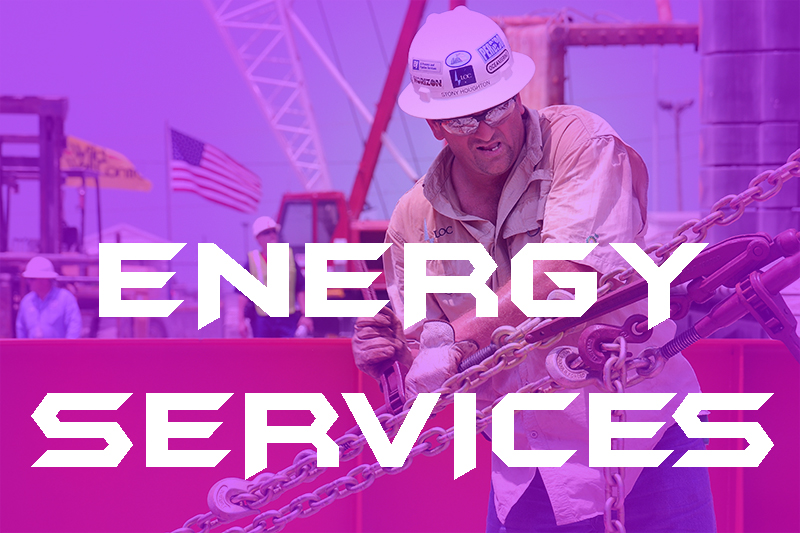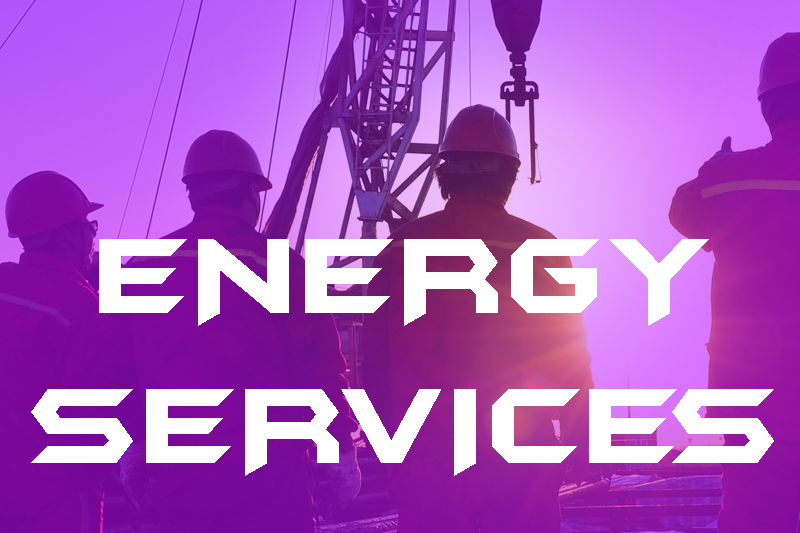The development of the energy service company in the 80s has-been a wild climb up in the case of demand. ESCOs produce a broad range of energy solutions like fuel flare vent, monitoring & safety, turnarounds, discontinued well restitution, vegetation control and chemical cleansing. An ESCO is a company that offers specific energy solutions to its clients, which includes auditing, redesigning and applying adjustments to the ways the customer consumes energy, the definitive intent being considerably elevated efficiency.
Ever since their beginnings in the 1980s, energy service organizations have evolved and expanded. Since COVID enveloped the world we have seen probably the most radical changes to this sector while trying to remain relevant. Another adaptation of energy service providers was the technical facet where state-of-the-art measurement devices and additional systematic components have turned out to be common-place in this rapidly progressing market.

As we have previously explained, the fundamental goal for energy service providers boils down to minimizing expenses and provide eco- friendly solutions in the future. Deregulation of the energy market in the 1990s was the catalyst that propelled the surge of energy service organizations. Three years in to the Trump presidency we have seen a significant wide deregulation in the energy market which definitely benefits energy service firms.
In 2006 the trade group NAESCO reported energy service providers grew by 22% and stated $2.6 billion in revenue marking an important moment for energy service companies through the USA. In Canada the popularity of the energy service company also expanded exponentially mainly in the oil abundant province of Alberta.
With such a wide array of O&G service these firms offer, it’s tough to list only a few while leaving out a great number of other relevant ones. However it’s really worth saying that throughout this field, innovation has performed a top role in assisting the industry progression. Even though there are numerous distinctive providers within this sector, the one thing they all share is an implicit tie to the industry as a whole.
Energy procurement firms also play a fundamental role in the management of energy operating costs with the intent of reducing spending and making efficiency a top priority in most organizations. The chief focus of energy consultants is to save their customer dough by negotiating energy prices and making existing functions more cost effective. The primary step any energy management firm will perform is a full and wide-ranging energy evaluation in an effort to recognize a starting baseline. Energy consultants use a defined start point which is generally to conduct a complete and thorough energy audit to be later made use of as a gauge of future energy cost savings. The energy management consultants are typically, impartial of the organization itself and work in chorus with top brass. Whilst energy management agencies operate independently of the organization contracting them, it is a reality that energy consultants work up close with managers for multiple reasons.
Some of the service providers these providers perform might include things like turnarounds, construction, environmental impact studies, meter proving, mobile boiler trucks, transport and others. You don’t have to look very far to see the devastation created by COVID19. Tens of thousands of jobs in the energy sector were lost in the first half of 2020 throughout the US and Canada.
We interviewed an executive with Mohawk Energy service who had this to say about our post-COVID world.
“What else can I say rather than its been a destructive blow to the markets but we do believe things will recuperate and we are preparing for that now.”

Shutdown solutions is a different aspect to the assortment of providers by energy service companies which entails project management for the duration of operational shutdowns of factories throughout maintenance. This form of service can entail other sorts of service within it which includes regulatory, measurement, meter testing etc. Based on the scale of the project, these contracts in most cases last from 2-4 weeks.
Industry guidelines and governmental and industry regulations are the fundamental backbone to which all energy service companies must function. The underlying objective for anybody in the energy service business is always to attempt to save their clients, in some form or another, with lower energy spending. Now this could mean just making present systems more streamlined.
Energy utility firms started to advance prior to the pandemic when they started to see the fundamental worth in grouping a variety of service providers jointly like TV, home phone and Internet. But yet more than that you now see places like electricity companies in Houston, also offering home and commercial alarms and smart home solutions. It has become wide-spread in the US and Canada that energy providers are now providing bundled service providers like phone, TV, internet and mobile phones but in actual fact there is way more of this going on in the B2B (business to business) side whilst public surveillance and security systems are also being offered. We are now seeing the development and merging of utility and service providers.
Now before you go off thinking this is the end of energy advisor organizations I would like to stress that professional energy service providers organizations or those operating in the oilfields, are a modern necessity and can never be replaced by utility heavyweight. Whilst there is the possibility they could bring them more in house as opposed to outside independent providers. Well that is the question on my people’s minds but it is without doubt that energy service providers are resilient and certainly will find means to adapt in this new world.
UPDATE:
As Spring rapidly approaches so does the season for what’s often referred to as the weed cleaning season in the oil and gas sector. This service line is the cleanup and noxious weed removal as per lease agreements with government. However this service is a necessity no one looks forward to discussing their vegetation management plan. Companies know they must do it however they treat it as a secondary concern which often puts many companies behind the eight ball when it comes to weed control responsibilities.
